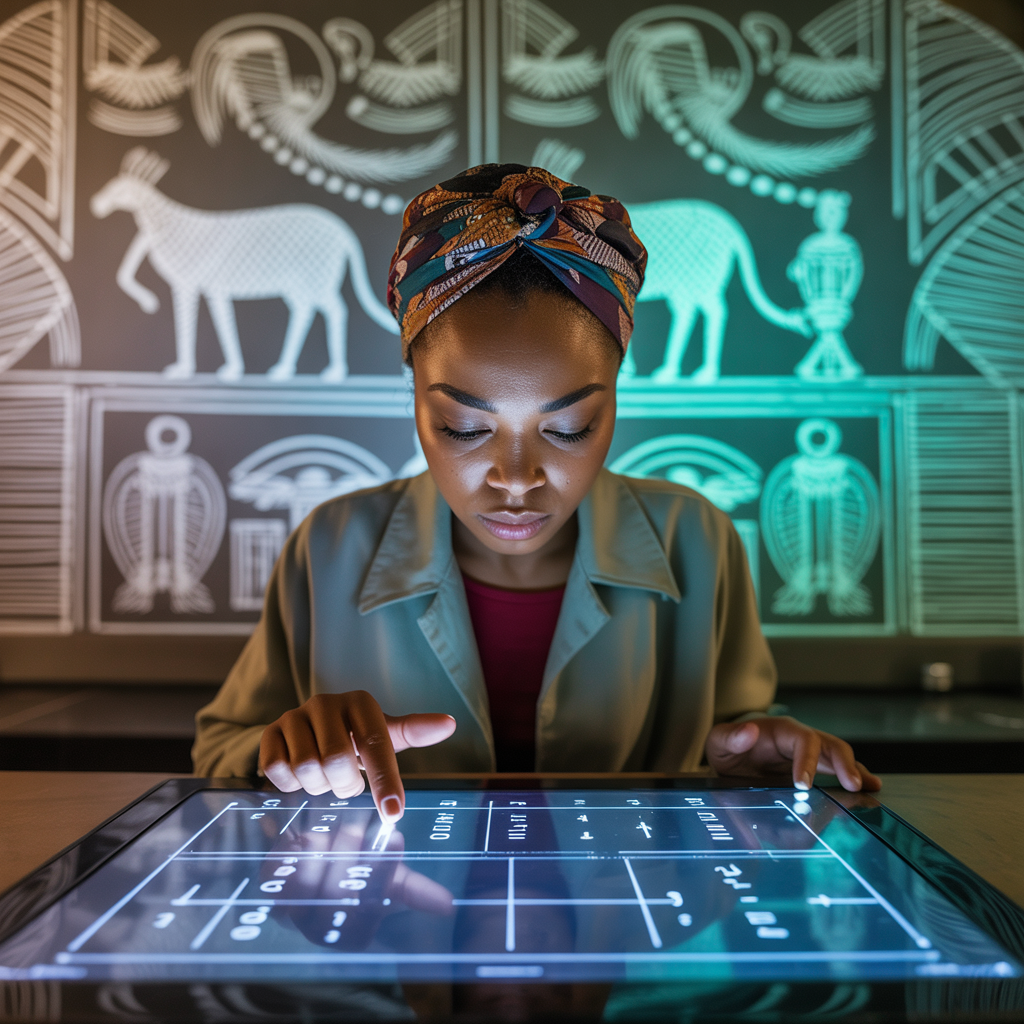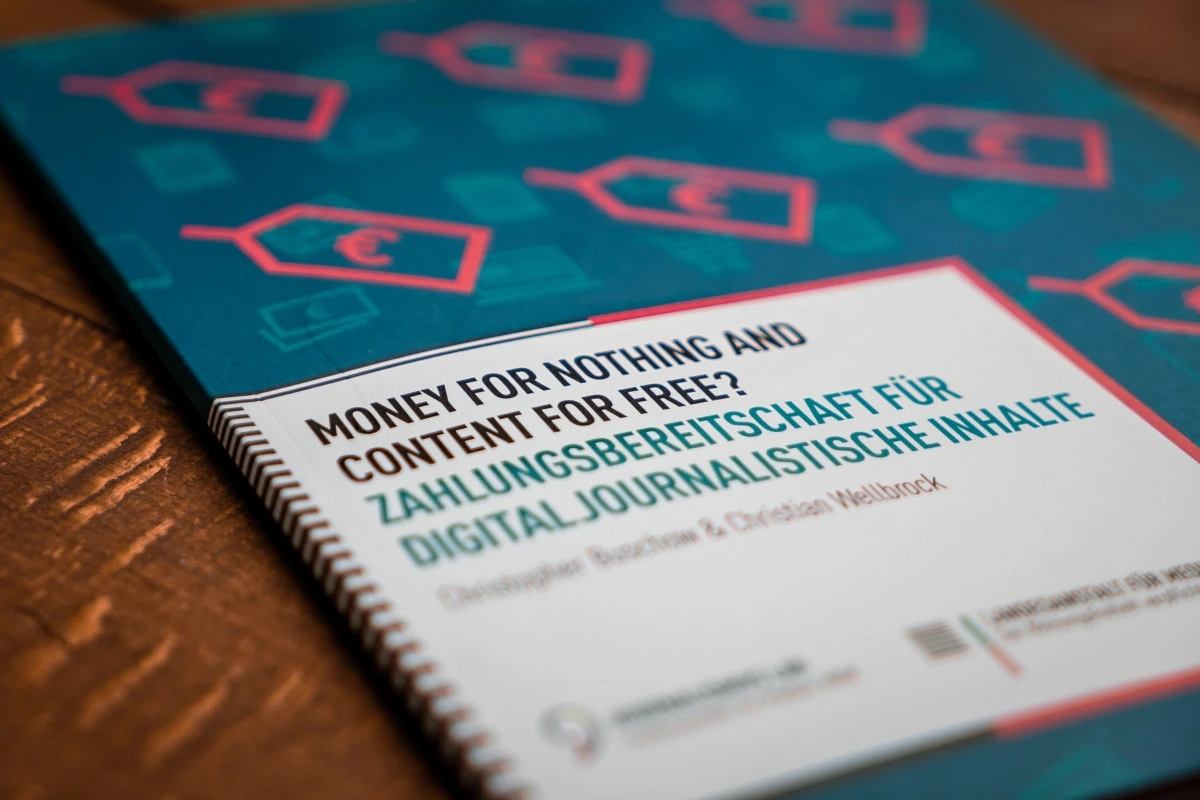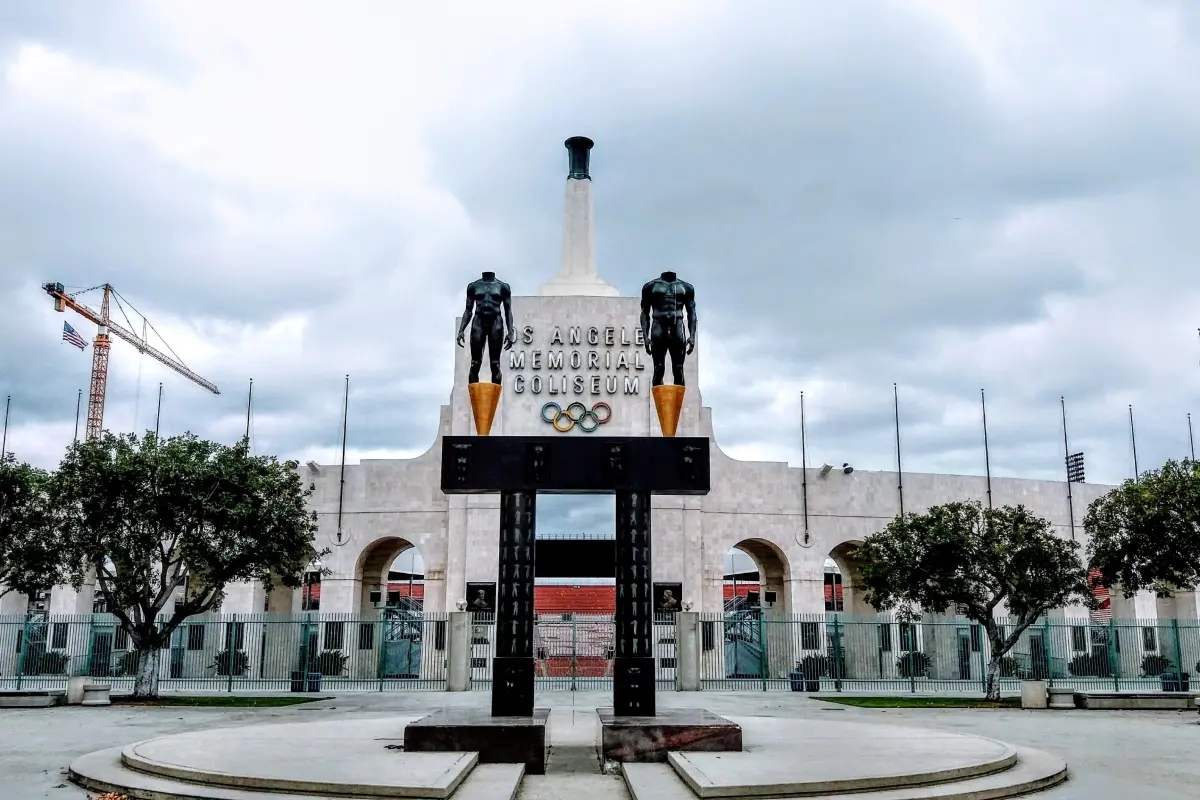In Lagos, Nigeria, newborns cry—and a mobile phone listens. But this isn’t just any recording. It’s the work of Ubenwa, a Nigerian AI startup, whose name means "cry of a child" in Igbo. Using machine learning algorithms, Ubenwa analyzes infant cries to detect early signs of birth asphyxia, a leading cause of newborn death globally and responsible for an estimated 900,000 deaths annually according to the WHO. The algorithm offers a diagnosis in under a minute—no needles, no expensive equipment—just a low-cost app that could save millions of lives.
Yet, in the global AI conversation, Africa is often cast in one of two roles:
A passive recipient of imported innovations.
A beneficiary dreaming of AI as a panacea for all its challenges.
Rarely is it acknowledged as an active creator and shaper of AI solutions tailored for its own realities.
But here lies a danger—overshadowed by both hype and skepticism. Africa risks importing AI systems trained on foreign datasets, embedding alien norms and unfit assumptions into the digital infrastructure of its future. This is digital colonialism: when algorithms, designed far away, decide who gets a loan, receives healthcare, or is eligible for a job—based on rules written without our data, our contexts, our voices.
And it’s not hypothetical—it’s already here. A cocoa farmer in Ghana denied microfinance because a loan model can't compute collateral beyond Western property norms. A patient in South Africa misdiagnosed by genetic prediction models that were never trained on African genomes. The stakes are not abstract—they are urgent, deeply personal, and shaping lives today.
This article will cut through the noise to explore the critical, rarely discussed challenges—like data sovereignty and algorithmic bias—and the homegrown innovations proving that Africa is actively creating its own AI future. Here’s what’s truly at stake.
Beyond the hype: defining AI in an African context
Beyond the buzz, Artificial Intelligence is a collection of technologies that learn from data to automate decision-making and reveal patterns often invisible to humans. But in Africa, this definition must be grounded in impact. The stakes include who controls resources, who trains the algorithms, and which problems get prioritized.
Data sovereignty: who owns Africa's data?
AI runs on data, and Africa’s data is a goldmine—billions of location pins, transaction histories, health records, agricultural yields. Yet much of this is siphoned off by global tech giants.
Imagine a popular social media app—in heavy use in Nairobi—logging location movements, social connections, and behavioral patterns. That information travels to servers in Frankfurt or California, where it's processed, monetized, and fed into new AI models that rarely benefit Nairobi’s citizens. The profits, the insight—and most importantly, the decision-making power—stay overseas.
This is the essence of data sovereignty: the right of nations and communities to govern the collection, storage, and use of their own data. Without it, Africa risks becoming a perpetual exporter of raw digital material, only to re-import finished AI “solutions” at a premium.
According to Research ICT Africa’s 2021 policy brief, less than 20% of African countries have comprehensive data protection legislation in place—leaving the continent vulnerable to data extraction with minimal public accountability.
Algorithmic bias with a local face
When African data is missing from AI training sets, the result is biased systems that misunderstand or exclude local realities. For example, an AI-powered hiring platform, trained on U.S. resumes, might downgrade a Ghanaian software engineer because their degree or employment history doesn’t match the model's “successful” profile.
The World Economic Forum reports that over 80% of publicly available AI datasets come from North America and Europe. This situation creates a feedback loop: inaccurate AI results in Africa, leading to lower trust, and reducing local adoption, which further decreases representation in the datasets.
Bias here isn’t abstract—it’s felt when skilled workers are denied interviews, patients receive wrong diagnoses, or farmers can’t access fair pricing because their transactions don’t appear in the model’s training records.
The real-world hurdles to widespread AI Adoption
The popular narrative often stops at “lack of internet,” but AI adoption in Africa is constrained by much more tangible challenges.
The infrastructure gap is more than just slow Internet
Electricity is fundamental. In Kigali’s polished tech parks, startups run continuously on stable power. Meanwhile, in rural DRC, an innovator’s AI pilot project can grind to a halt for eight hours during a blackout. Even the most advanced algorithms fail without reliable energy.
Local data centers are equally vital. Hosting African data on African soil cuts latency, bolsters sovereignty, and fosters local innovation. Reports from the Africa Data Centres Association show that Africa accounts for less than 1% of global data center capacity—a bottleneck for AI scalability.
The skills mismatch: cultivating homegrown talent
The so-called “brain drain” is real—talented African engineers relocate for global opportunities—but solutions are emerging to grow AI capacity locally.
University programs: For instance, the African Institute for Mathematical Sciences (AIMS) offers specialized master's programs in machine intelligence, producing researchers who stay and innovate locally.
Private sector training: Platforms like Gebeya and Andela now offer targeted AI and ML training, ensuring African developers can both build and maintain advanced models.
Navigating a Patchwork of Policies
AI regulation across Africa is inconsistent—some countries have robust frameworks, others have none. This creates uncertainty for investors and innovators.
The African Union’s Continental Strategy for AI (adopted in 2022) outlines goals for ethical AI, harmonizing data protection, and promoting African-led R&D. While implementation will take time, this is a foundational move toward safeguarding African interests.
Charting the opportunities: where AI is already driving change
Beyond the hurdles, African AI innovations are solving problems the rest of the world barely understands.
Enhancing healthcare in underserved communities
In addition to Ubenwa, Nigeria’s 54gene was building the largest pan-African biobank to diversify global genetic research. Most pharmaceuticals today are developed using datasets where over 80% of DNA samples are European, leading to lifesaving drugs that may be less effective for African populations. 54gene’s mission ensured African genomes inform global medical breakthroughs.
Unfortunately, the project encountered severe financial issues. Despite an ambitious start in 2019 with major investments and plans to build Africa’s largest DNA biobank, the company struggled to sustain rapid growth amid high operational costs and management challenges.
In 2022, revenue dropped sharply, key leaders resigned, and allegations of mismanagement and financial impropriety surfaced, leading to executive turmoil and legal disputes.
These problems culminated in the liquidation of the company, highlighting the difficulties of scaling biotech ventures in Africa. The fate of 54gene serves as a cautionary tale about the importance of sustainable planning and responsible leadership in innovative sectors.
Driving financial inclusion with AI-powered fintech
Companies like Branch and Tala are using AI to score creditworthiness without traditional bank histories. With client consent, they analyze smartphone data—mobile money history, bill payments, even SMS patterns. This contributes to enhance access to financial services for over 20 million unbanked Africans.
How to follow Africa's real AI story
Finding nuanced, context-aware reporting on AI in Africa is hard. Global tech media tends to overlook how technology reshapes culture and society here. African innovation stories rarely get the prominent coverage they deserve.
That’s why AI for All Africa exists: a central hub where you’ll find the real stories—the innovators, the policy shifts, the social impact.
Discover innovators: Explore our website to meet the pioneers reshaping Africa’s AI journey.
Get curated updates: With our newsletter, you get the top African tech stories in one email.
✅ Sign up here to get the leading stories on African tech and culture delivered weekly.
Is Africa poised to lead or follow in the AI Era?
Africa’s AI trajectory stands at a crossroads. The stakes are high: AI can revolutionize healthcare, education, and agriculture—but without intentional governance, it can also reinforce inequality and import unseen biases.
The future is unwritten. Whether Africa leads or follows in the AI era hinges on choices made today by policymakers, innovators, educators, and ordinary citizens.
Don’t just watch the story unfold—be part of it.
👉 Explore the projects, people, and ideas shaping Africa’s AI-powered future on AI for All Africa.




